In the past 8 years, the amazing cost-benefit ratio of solar panel systems has made them a logical choice for energy-minded households and businesses alike. In 2010, avg. cost-per-watt of a solar setup was $9, per NREL’s findings – that same figure came down to $3/watt in 2017 due to decade’s technological advancements in panel manufacturing, growing competition in the marketplace, and reduced cost of the photovoltaic devices themselves.
When it comes to solar panels, the total expense is impacted by multiple elements such as the system size, installer, geographical location, and the type of panels chosen. An average 5-kilowatt (kW) system – adequate for a standard house – is priced near $12,500 after federal tax deductions are taken into account. A 10-kilowatt system usually costs about $25,000 in total.
Opting for a solar panel system could enable homeowners to save substantially on their upfront costs, thanks to the generous 30% tax credit provided by the federal government. Furthermore, various states also have unique financial perks for those investing in solar technology, including but not limited to: rebates, tax credits, and other advantages.
With most solar panel systems coming with a 20-25 year warranty, you can be sure that they’ll last for quite some time. Generally speaking, maintenance on the panels is low cost and the electricity they produce won’t cost you a dime. All factors considered, investing in solar power typically has a profitable return-on-investment period of 4-8 years.
In just seven years, the amount spent on solar energy panels has decreased dramatically according to the National Renewable Energy Laboratory (NREL). From 2010’s $9-per-watt to 2017’s $3-per-watt, the savings are too great to pass up for households and companies encouraged to reduce power costs. This drop in what is paid stems from a trifecta of reasons, such as advances in production methods, heightened competition in the market, and waning costs of photovoltaic cells.
The spending needed to install a solar panel setup at a residence isn’t always the same due to many aspects driving the cost. For example, how large a system is required, the kind of panels chosen, who installs it and where it is being put together. On average, a standard home usually requires a 5-kW system which would generally cost around $12,500 after all federal tax discounts. If more power is needed, the expenditure for a 10 kW system is estimated to be approximately $25,000.
Federal funding of up to 30% of the cost of solar panel system installation is available to taxpayers in the form of a tax credit. Furthermore, many states have incentives that can reduce the expenses associated with going solar in the way of rebates, tax credits, and other financial perks.
With a typical warranty of two decades to a quarter of a century, but an expected lifespan transcending that, which is supported by minimal upkeep expenses – solar panels offer an attractive return on investment within the timespan of four to eight years due to the free electricity that is yielded.
A solar panel system is an exceptional option for those who want to trim their energy-related expenses, owing to its steadily dropping initial expense and quick ROI. Moreover, when paired with federal and state incentives, the cost of installing these panels closely rivals that of other conventional sources of power.
Post time: 2023-06-25
Related Product

Solar panel
PV Kits for fields, flat and pitched roofs The kit using photovoltaic support system is critical to photovoltaic support, including wind calculation speed, order picking speed and […]
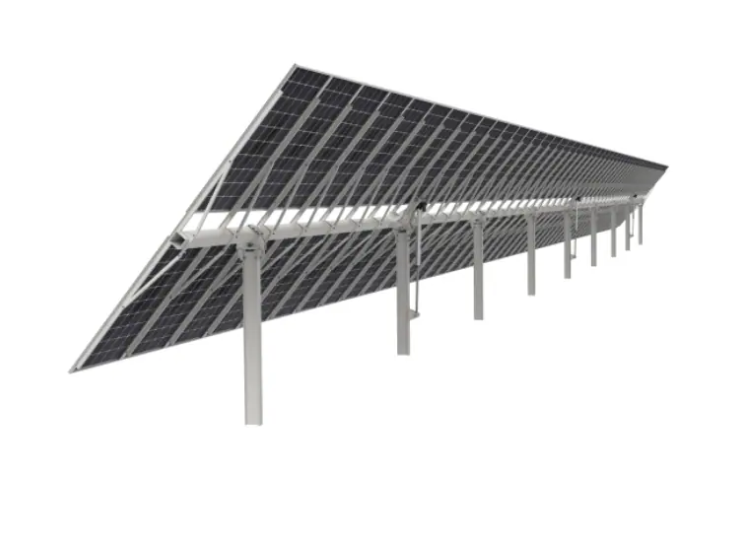
PV bracket tracking system
Ground tracking photovoltaic support Fully adapt to 210 major components The product has been tested in CPP wind tunnel Use AI algorithm to optimize tracking mode Irregular land is […]
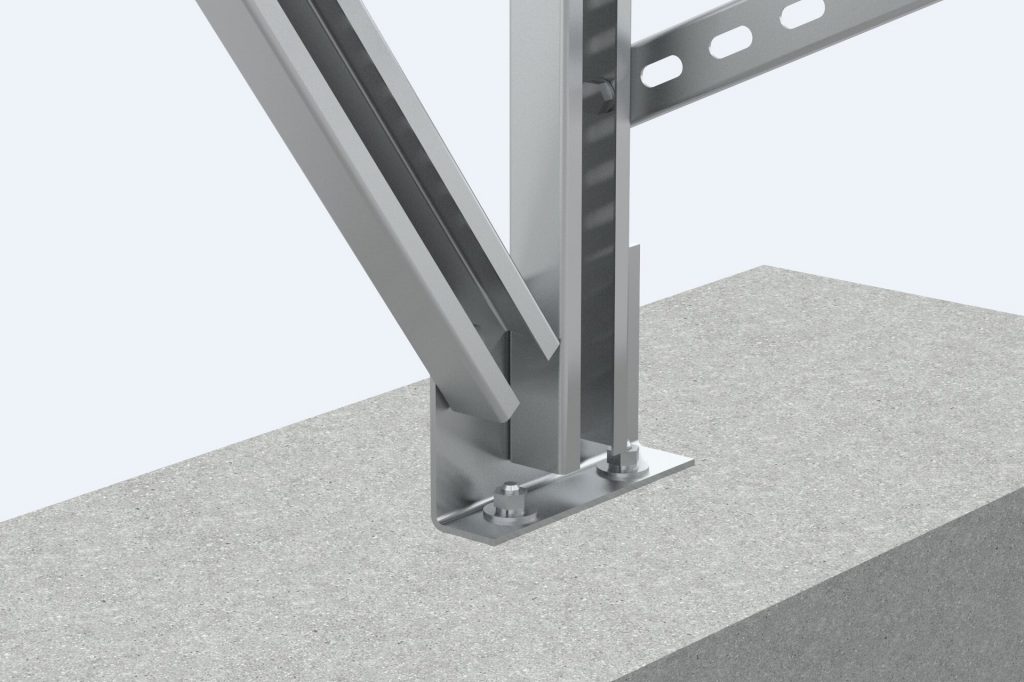
Flat roof photovoltaic support
Flat roof photovoltaic support Analysis of installation and construction problems of flat roof photovoltaic power station The external roof system on the roo […]
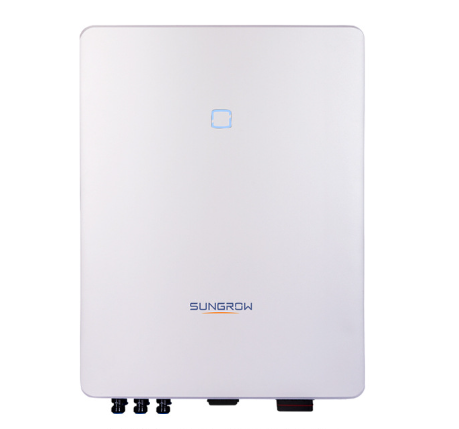
PV inverter
PV inverter (PV inverter or solar inverter) can convert variable DC voltage generated by photovoltaic (PV) solar panel into AC inverter of mains frequency, which can be fed back to […]
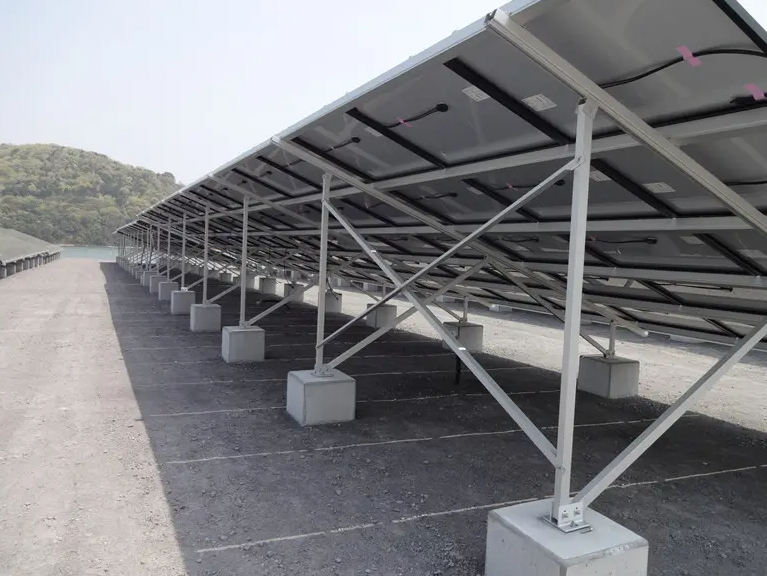
GROUND MOUNT PV Support
Placement position Ground Applicable component type Framed or frameless solar panels of various sizes Raw materials of support aluminium alloy Installation angle According t […]
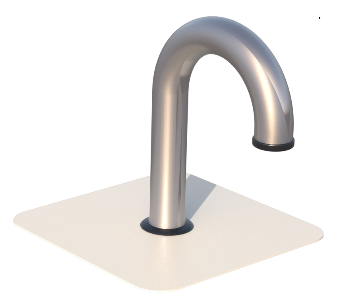
PV support KITS
What is Cable conduit? A metal protective tube with certain mechanical strength laid on the outer layer of the cable to prevent the cable from being damaged Cable threading […]
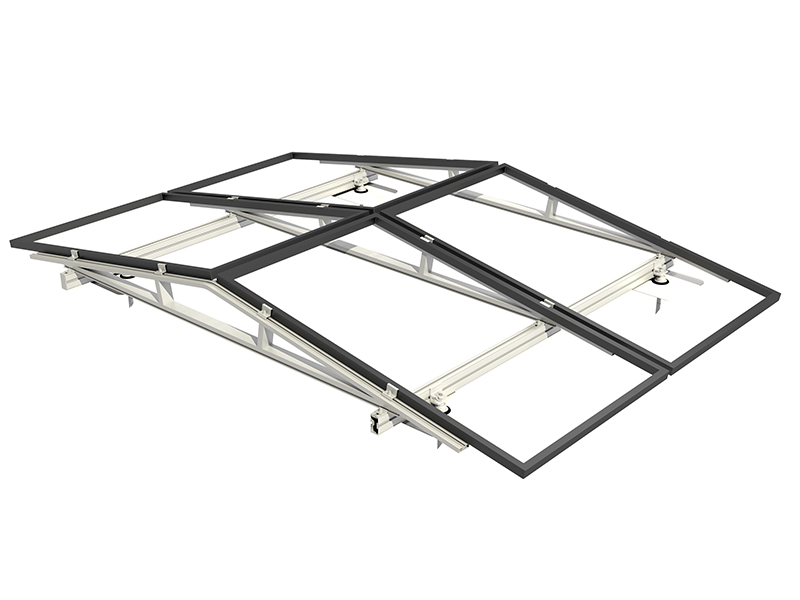
Inclined roof photovoltaic support
V support system for inclined roof The inclined roof installation system is suitable for all kinds of inclined roofs. According to the roof bearing capacity and waterproof requirem […]
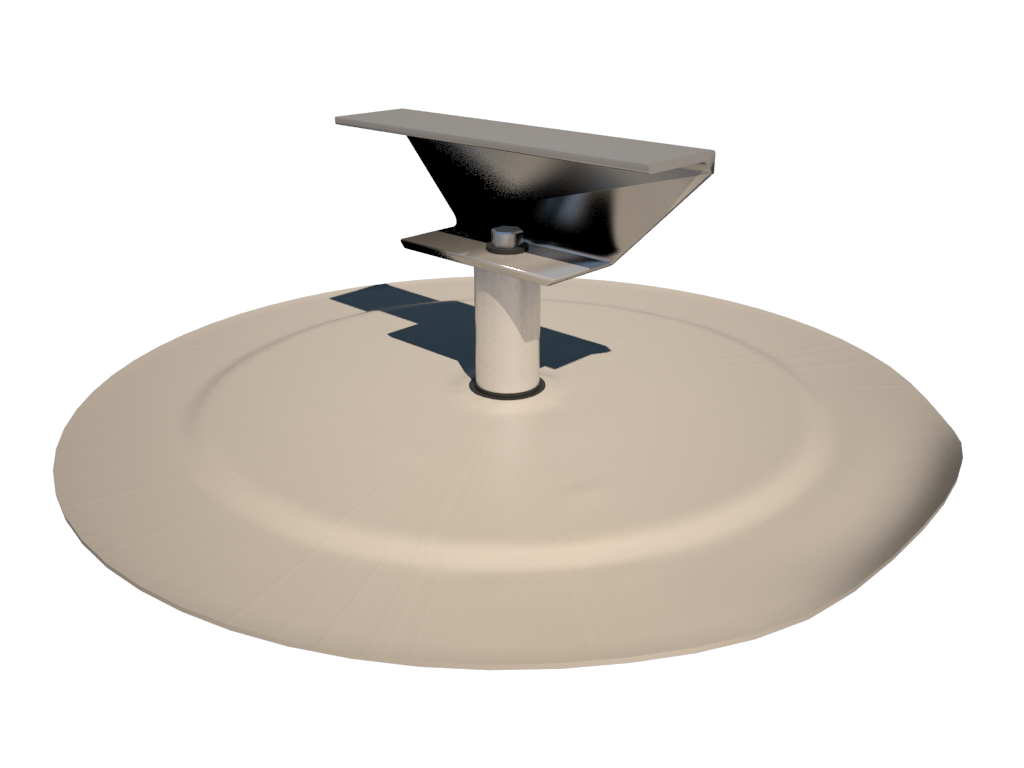
PV bridge support
Features of PV bridge support products: Strong resistance to negative wind pressure, good stability, strong bearing capacity and strong lateral tensile capacity; Easy and fast ins […]
